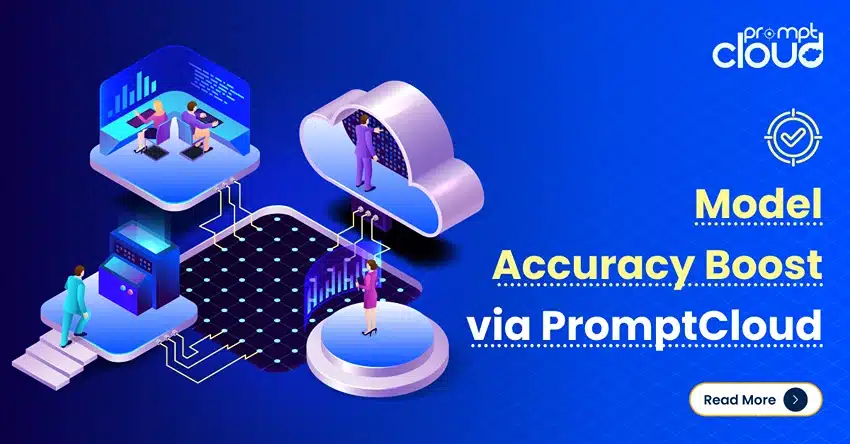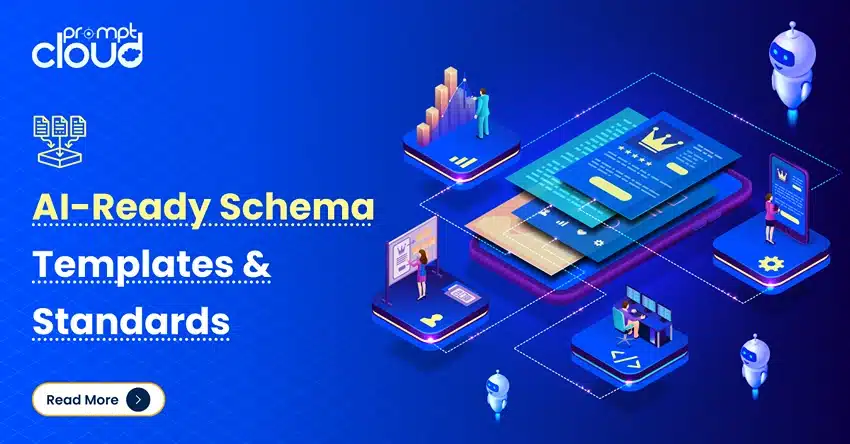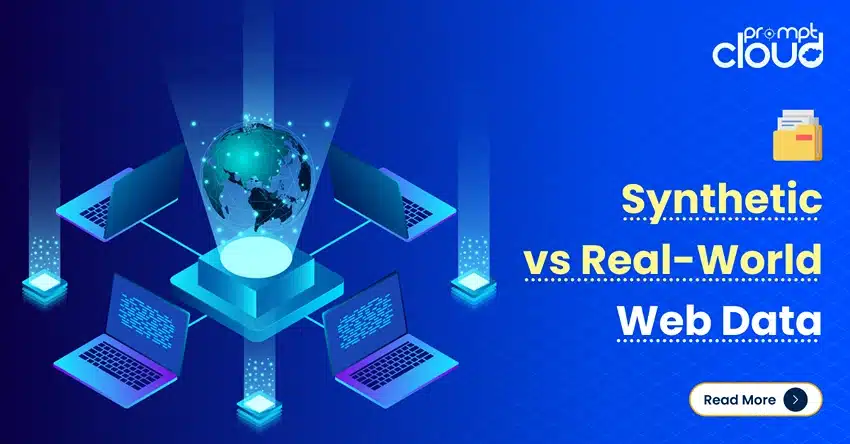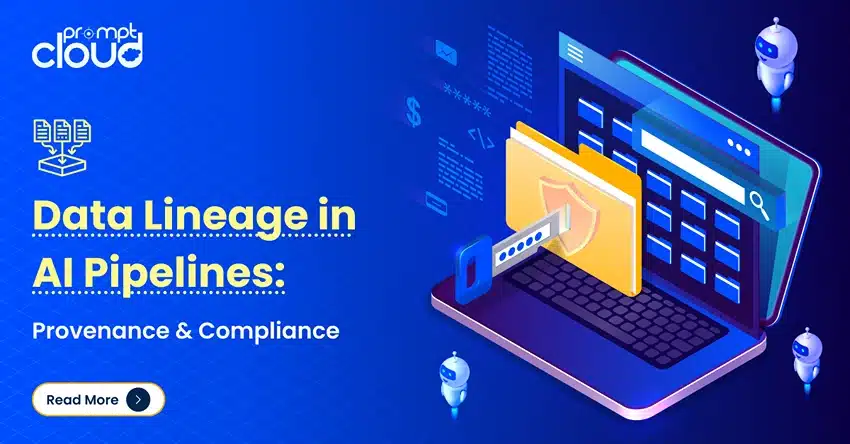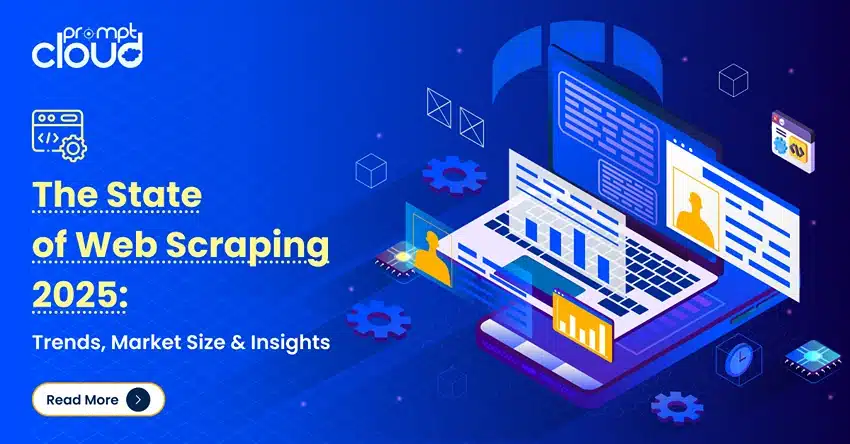With the dawn of the new age, it has become more and more important to revolutionize the way in which education is imparted. Education has now become more application and discovery based, as opposed to mugging up thick textbooks that might not actually help solve challenges faced in real life. Another thing to keep in mind is that the format in which people used to study has changed as well. Most of us have grown up holding a textbook and notepad in hand, going over formulas and doing homework on paper pages. As more and more schools and universities move over to the digital format, new opportunities open up.
This has now enabled online forums and chat-rooms where people discuss various academic subjects elaborately. What makes it easier for people all over the world to come together and discuss things is that science, and coding has minimal language barriers and these can easily be overcome. Chat sites like stackoverflow and slack have brought the online community much closer. Websites like Coursera and Udemy have brought education to the hands of anyone who has an internet connection – all using technology. And that is what EduTech essentially stands for. Education with the support of technology.
The EduTech boom
With the recent advancements in technology, things have become easier for office goers, factory workers, builders, in short work has become easier for everyone. But what about students? Things have become more difficult due to the need to keep updated with all the latest technologies. This is where EduTech comes in. EduTech aims at making the process of learning easier and faster with the help of technology.
Ways in which web scraping can help in EduTech:
Scraping can help create a catalog of all available courses and scholarships
There are many websites offering online courses, certifications and even degrees on a variety of topics ranging from military history to Artificial Intelligence. However, there is not much documentation, topic wise. What I mean to say is that if you go and ask someone what are the top online courses available that teach the basics of data science, one cannot give you a comprehensive answer listing all courses across different websites. While people do keep track of courses on top websites like Udacity, Coursera and EdX, often smaller websites also tie-up with big universities and offer an online flavor of an offline course.
It is not humanly possible to keep a track of every course or training or workshop that is available online, topic wise. The process however becomes much easier when you use web scraping to crawl data from popular educational websites. Another thing is that these same websites offer scholarships from time to time for their top certificate courses. Most people miss out on these scholarships since no one really goes through the monthly newsletters or keeps track of every online scholarship available. If you can crawl all this data, regarding courses and scholarships and arrange it by topic and provide it in a user-friendly format to students all over the world, you will be having a win win situation, and can actually end up being paid by websites to advertise their courses on your website.
Free courses can be scraped and the information can be sorted to help students
There are many free courses available. More importantly, there are many notebooks and educational content available freely across the internet. If you could crawl these data and arrange it using an intelligent system and partial human intervention, you could create your own curated courses having content from lectures of scientists and professors all over the world. This content could help people who are looking for a reference guide to get a deeper understanding of certain topics. However, you must make sure you aren’t violating any copyright laws or terms and conditions set forward by the providers of such free courses.
Mock exams and quizzes can be scraped to help students get more experience in solving problems
Some exams like GRE and GMAT can be aced only through practice and here practice means solving more and more mock test papers or topic wise questions. The mock test sessions can end up being costlier than the exam itself and can be too expensive for many. However, mock questions and answers are scattered all over the internet and they can be scraped and arranged to make a mammoth question bank that anyone sitting for these examinations can solve to test their mettle before they go for the actual war. Questions from similar examinations can also be scraped to give students a flavor of the topics in general and help them realize their position in the larger crowd.
Scrape code repositories and other coding pages to gather, sort and provide code examples for different topics to students in a convenient manner
Most of the code available online is free to use, reuse or distribute. Only certain enterprise grade licensed code is non-distributable. However, when going through a specific topic, students would often face difficulty in finding relevant examples or walkthroughs. This can be solved by scraping code repository sites, to create a list of simple, medium-level and complex programs for different coding practices. The problems and their solutions can help supplement the textual knowledge and get the students ready for real life where they have to apply their learning.
Scrape and store educational podcasts and videos to help students. These lectures and podcasts, though available freely in the internet are not properly sorted and hence difficult for the everyday student to find.
Videos from leading universities in the world like MIT and Stanford are freely available for students all over the world to access and use to better their understanding of subjects. These lectures are given by some of the most famous personalities in academia who have made even difficult topics like rocket science simple. These videos are scattered all over the internet and scraping their links and creating a sorted list – and providing them in a mobile app that can keep getting updated with links from new videos can be a bang on business idea for the EduTech industry.
The Education Industry is a trillion dollar industry in the US, and yet students all over the world do not have access to textbooks or even basic education; but then a vast majority of people in the developing nations have access to smartphones. Tapping them and revolutionizing EduTech in this manner can be the next big idea that changes the world for all coming generations.









